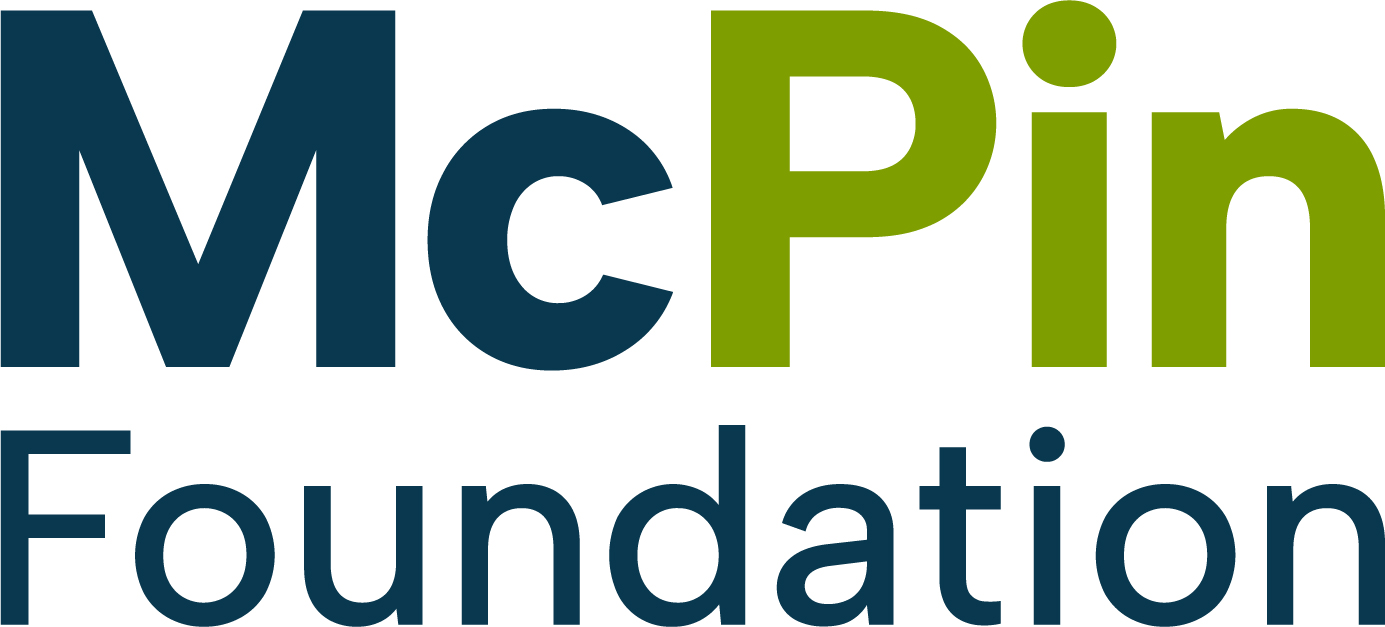
Email us
Call us
+44 (0) 207 9227877
Visit us
The McPin Foundation
7-14 Great Dover Street
London, SE1 4YR
What is PPI?
Patient and Public Involvement in research or PPI is essential to all health and social care research. The Health Research Authority (HRA, nd), the organisation that gives ethical permission for research to take place, defines PPI in research as research ‘done ‘with’ or ‘by’ the public, not ‘to’, ‘for’ or ‘about’ them’. PPI is essential for all aspects of the research process and is required by many bodies to ensure access to funding and is a necessary part of securing favourable ethical approval permissions to undertake research in the UK.
The HRA (nd) highlights the importance of PPI in health and social care research and considers several reasons below. PPI in research is important because it makes research more relevant to patients and public, it ensures that it is more acceptable to them because patients often understand the health issues the researchers are studying and know if they are important to other patients. Researchers can learn from patients and public contributors because patients may have lived experience of the condition being studied. This ensures that the research meet the needs of the target population of patients. Patients involved in research can improve the experiences for study participants to be involved in the research because they can understand some of the practical barriers the participants may face; thus, supporting study recruitment. They can also support patients to understand the process by supporting the development of patient information sheets so that patients can give their informed consent to participate in research. Patients involved in research can also help in communicating and disseminating the findings to both the wider group of patients and the public by making it more accessible and understandable and using jargon-free language.
The NIHR, along with other organisations, has developed the UK standards Public Involvement (nd) to define best practice for public involvement. These include offering inclusive opportunities for patients to be involved, ensuring that people work together in a way that values the contribution of all people, supporting and offering learning opportunities for people involved in research, communicating in an effective and supportive way, acknowledging the impact of PPI, and involving PPI in research governance.
TYPPEX has managed to fulfil all these requirements. TYPPEX has developed a unique way in which PPI is implemented in the study. The personal testimonies will underline how we as a group have been involved in meaningful ways across the life of the project and have worked together to learn to support each other, through the study team, and support the study’s growth and development. We have learnt new skills and new ideas and we have developed a way in which our knowledge impacts the study making it more accessible and acceptable to the research participants recruited to the study. Our journey can help other research teams to learn more about accessible, innovative and inclusive research that values PPI. This section underlines the value of lived experience to the TYPPEX study.
Text by: Joanna Fox




